SBA Loan Default Attorneys in Illinois & Wisconsin
Understanding SBA Loans
SBA loans can come directly from the United States Small Business Administration or from a bank that gets a guarantee from the SBA. These loans are usually backed by all the assets of the business, and often the business owner must personally guarantee the loan.
If a bank gave the loan, it must first try everything it can to collect the money—by selling the business’s assets and going after the guarantor—before asking the SBA to pay under its guarantee. So, expect the bank to do everything possible to collect before turning to the SBA. Neither the bank nor the SBA will consider settling the loan until all the collateral has been sold.
What Are EIDL Loans?
EIDL stands for Economic Injury Disaster Loan. It’s a federal loan program that helps small businesses and nonprofits hurt by disasters—like the COVID-19 pandemic—cover basic operating costs such as rent or health care benefits. These loans are backed by nearly all assets of a business.
EIDL Loan Terms
Below are the key terms and conditions that typically apply to Economic Injury Disaster Loans:
- First payment delayed for 12 months
- No interest for the first 12 months
- Interest rate capped at 4%
- Repayment term up to 30 years
- No penalty for early payment
Despite this repayment structure, many businesses still couldn’t keep up. This has caused serious problems for both businesses and owners who personally guaranteed loans over $250,000. In many cases, multiple owners had to guarantee the loan.
After COVID-19, many businesses applied for the Hardship Accommodation Plan (HAP), but that deferment option ended on March 19, 2025. Even those who received assistance can’t renew or reapply.
New Loan Deferment Option for COVID-EIDL Borrowers
This is a temporary loan relief program for COVID-19 EIDL borrowers. It lets eligible borrowers cut their monthly payments in half for 6 months. You can only use this option once every 5 years, and interest still accrues during this period.
Eligibility & Requirements
- Loan must be less than 120 days overdue
- Loan must not be “charged off”
- You must submit a written statement showing:
- Your hardship is temporary
- You’ll resume payments after deferment
- Approval is not guaranteed—you must explain your situation
- Loans over $200,000 are reviewed individually
- If you’ve previously been enrolled in the Hardship Accommodation Plan, you can’t apply
SBA Offers in Compromise
1. Closing the Business
The Small Business Administration may consider an Offer in Compromise—or settling your loan—only after the business is shut down and all assets are sold. You must show that shareholders didn’t receive anything from the liquidation. Then your case may be sent to an SBA specialist.
Financial Documents Required
- SBA Form 770 (personal financial statement)
- Bank statements
- Tax returns
- Proof that the business is closed
2. Making an Offer
Your offer must reflect what the SBA would get if you filed for bankruptcy. Usually, they want a lump sum payment. You’ll need to think about what your assets would be worth in a Chapter 7 bankruptcy.
If Your Offer Is Denied
You can appeal through administrative review. If the SBA sends your loan to the Treasury, different rules apply.
3. Treasury Collection
Avoid this if possible. The Treasury can:
- Garnish your wages
- Take your tax refunds
- Place liens on your property
What’s Happening Right Now
Unfortunately, the SBA is currently not accepting Offers in Compromise. The Disaster Loan Servicing Center in Birmingham, Alabama is overwhelmed and is using automated systems to deny most requests.
SBA Bankruptcy Options
As SBA guarantee lawyers, we’ve helped many individuals and businesses resolve debts with the Small Business Administration and other lenders. We can help you, too.
Consider the following bankruptcy options to help decide what kind of offer to make. When you’re ready, contact Lakelaw to book your free consultation.
If your business is still operating, you might qualify for Subchapter V of Chapter 11. The SBA loan is likely undersecured, and you may be able to propose a plan to pay only part of it over 3-5 years—even if the SBA or other creditors object.
If your business is closed, the SBA won’t get much from it. If your EIDL is under $250,000, you likely won’t have personal liability. We can help you shut down and move on.
If your EIDL is over $250,000, you probably guaranteed the loan personally. In that case, you’ll need to look at bankruptcy options. Once the Treasury is involved, they can garnish your wages without suing you first.
Speak with a Trusted SBA Loan Default Attorney
Lakelaw is an award-winning bankruptcy law firm, recognized for excellence by top rating services such as Best Lawyers, Best Law Firms, Super Lawyers, Martindale-Hubbell, and Lawdragon.
Our SBA bankruptcy attorneys have represented over 10,000 cases in the past 50 years, helping individuals and businesses across the Midwest to confidently navigate through any financial crisis.
Let’s find a solution together. Schedule a free confidential consultation with a SBA loan default attorney today.
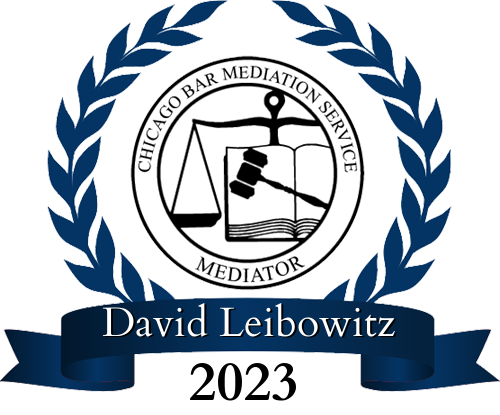
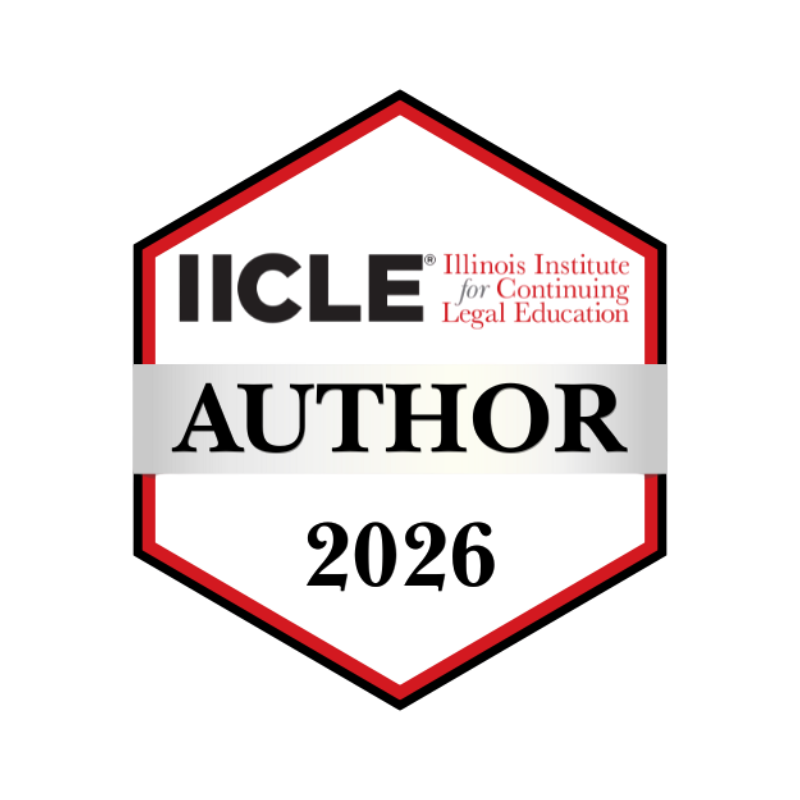
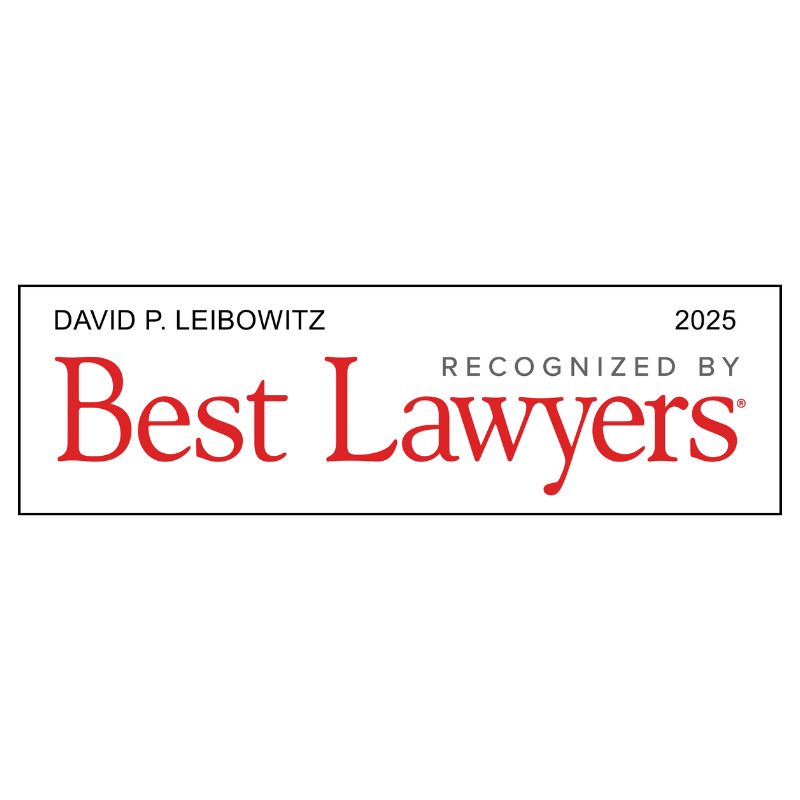
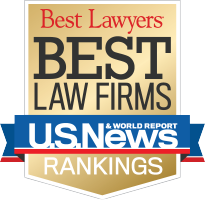
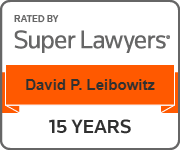
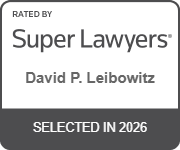
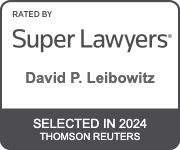
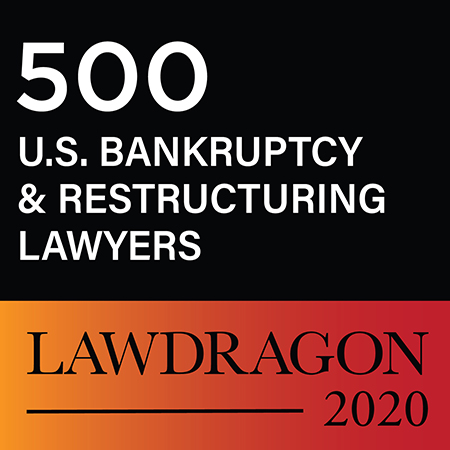


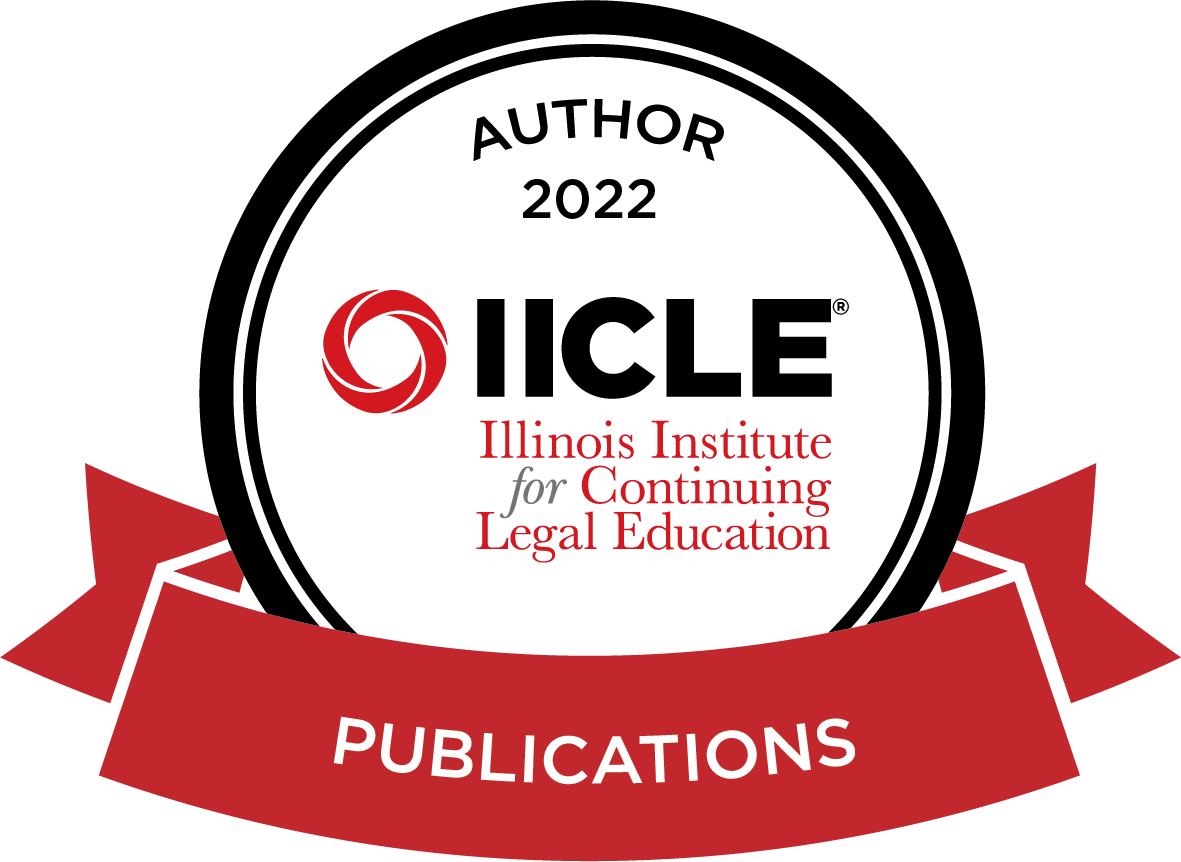
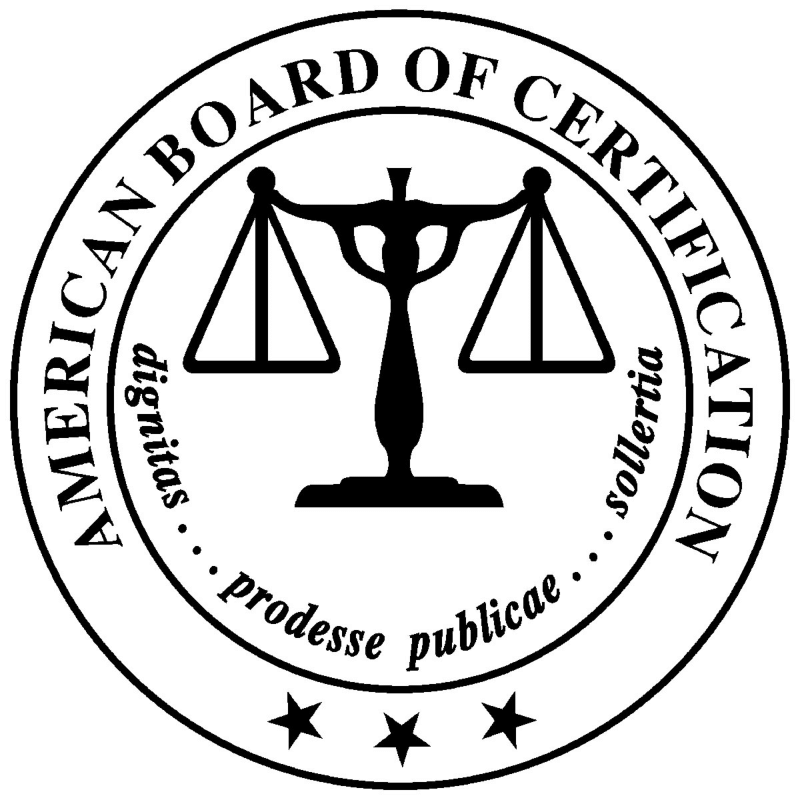
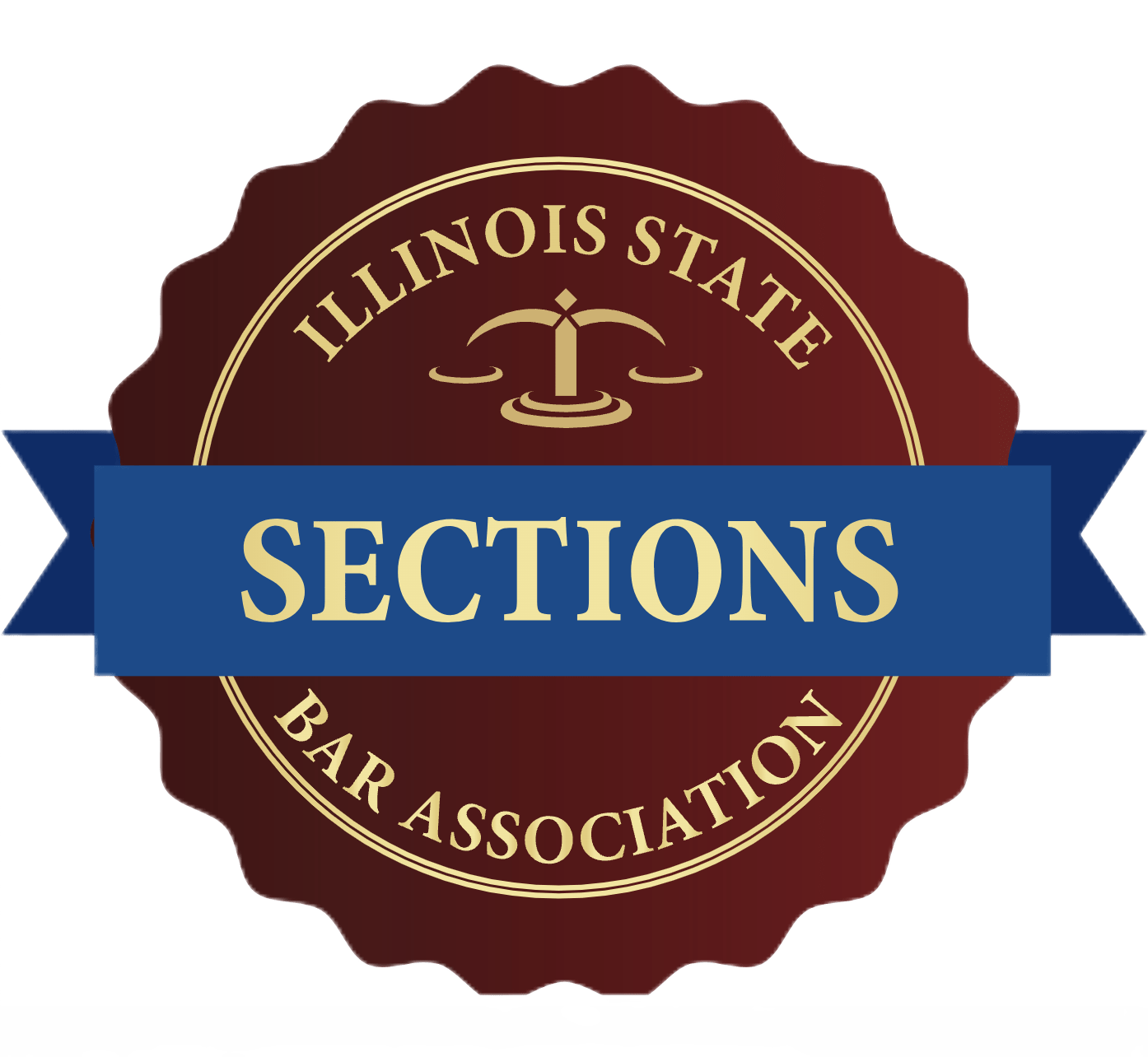
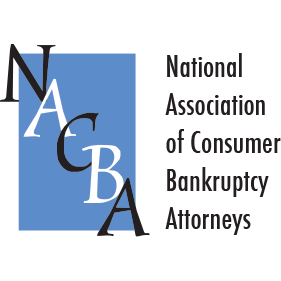
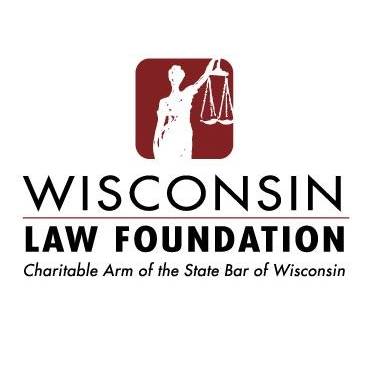
Request a Free Consultation
Note: All form fields must be filled out in order for your message to be sent.
